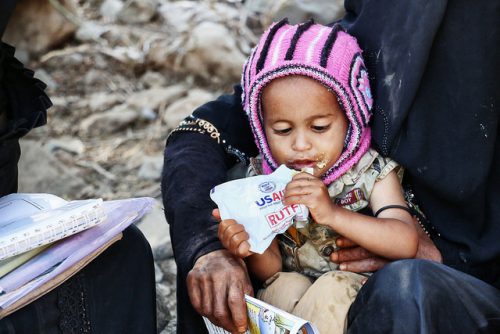Civil Society Guidance for the Civilian Harm Mitigation and Response Action Plan (CHMRAP)
In July 2022, a Department of Defense (DoD) review team is expected to submit the Civilian Harm Mitigation and Response…
In July 2022, a Department of Defense (DoD) review team is expected to submit the Civilian Harm Mitigation and Response…
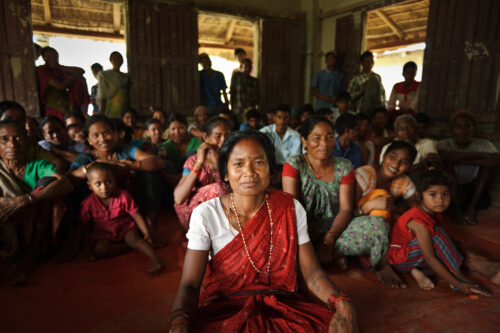
Working by, with, and through partners in military operations has become a preferred approach in U.S. security policy. Doing so without uniform controls governing conduct and the use of force can result in real consequences for civilians.
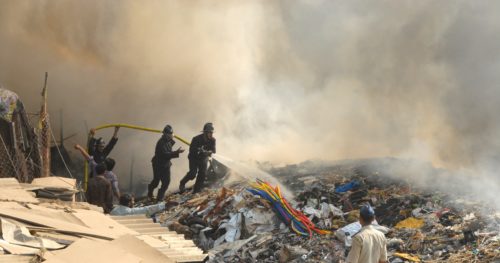
The long-anticipated Department of Defense Instruction (DoDI) on Civilian Harm Mitigation and Response (CHMR),…
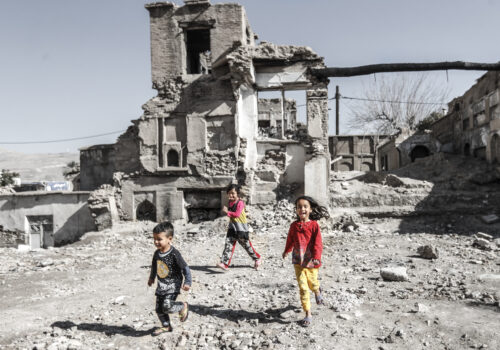
InterAction welcomes the positive developments to minimize civilian harm in conflict in the 2018 National Defense Authorization Act (NDAA), and…
When U.S. military actions abroad harm civilian populations, making amends should focus primarily on fulfilling the needs and wants of…

As the number of armed conflicts continues to rise globally, so, too, does civilian harm, resulting in the highest number…
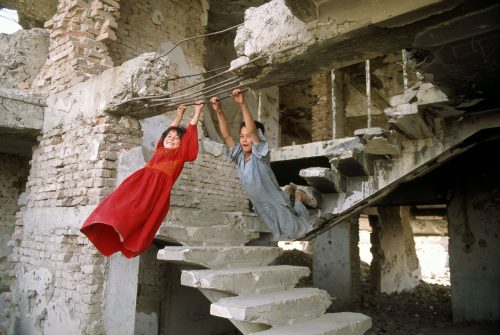
The impact of fighting on civilians is particularly acute in urban areas, resulting in the destruction of multiple infrastructures.
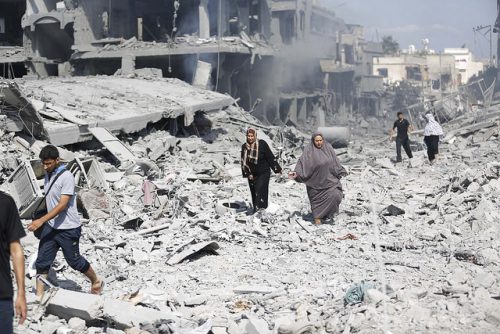
We urge leaders around the world to recognize the dignity and rights of all humankind by prioritizing the protection of civilians.
A public accounting for Saudi Arabia's conduct in Yemen is critical, and evidence by experts outside the U.S. government should be considered when determining future certifications. InterAction member organizations and other civil society groups should support congressional hearings on this matter and weigh in with both Congress and the State Department about their concerns in Yemen.
